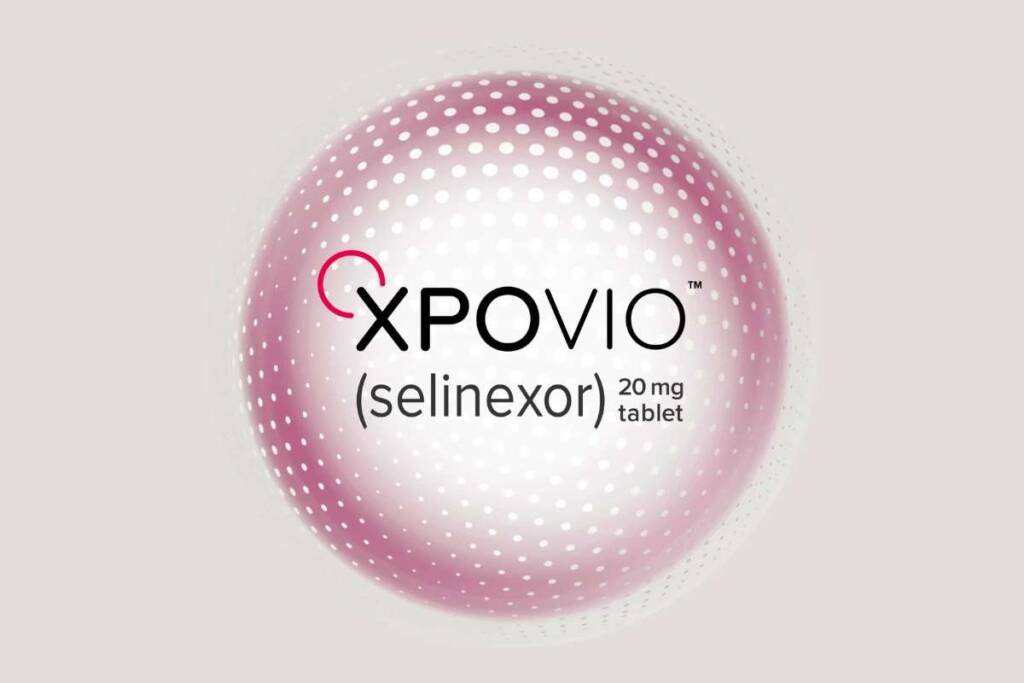Source – Karyopharm Therapeutics
Karyopharm Therapeutics, faced with stagnant sales of its only approved product, Xpovio (selinexor), has announced a workforce reduction of 20%. The cuts will impact both full-time employees and contractors, with the aim of extending the company’s cash runway until late 2025. As of February 10, the company had 385 employees, implying that around 80 staff members may be affected by the cuts.
“These steps further strengthen our financial position to invest in our three ongoing Phase III studies, with each representing a large addressable market with unmet patient needs.”
– Karyopharm chief financial officer Mike Mason
Despite generating $120.4 million in sales in 2022, Xpovio’s growth has not met expectations. Karyopharm had initially projected sales of $125 million to $140 million for this year, but they have now revised it down to a range of $110 million to $125 million.
Xpovio, approved in 2019 for multiple myeloma, initially showed promise due to its unique mechanism of action as a nuclear transport modulator. Subsequent approvals for diffuse large B-cell lymphoma and earlier use in multiple myeloma followed. However, the FDA rejected Karyopharm’s bid to expand Xpovio’s use as a maintenance therapy in endometrial cancer in 2022.
While demand for Xpovio remains strong, sales have been impacted by higher usage of Karyopharm’s patient assistance program (PAP), which provides free medication to patients in need. The closure of multiple myeloma foundations that previously supported Medicare patients has driven the increased use of PAP, resulting in a $3 million loss in revenue in the second quarter.
Karyopharm recorded a narrower loss of $32.6 million in the quarter, an improvement compared to the $49.1 million loss in the same period last year. However, its revenue declined slightly to $37.6 million from $38.7 million in the previous quarter and $39.7 million in Q2 of 2022.
Despite these challenges, Karyopharm continues to explore the use of Xpovio in various hematologic and solid tumor cancer types. Additionally, the company is testing its clinical stage drug, eltanexor, in relapsed and refractory malignancies, including multiple myeloma and colorectal and prostate cancers.
The recent financial results and strategic workforce reduction aim to put Karyopharm in a better position to navigate the evolving landscape and invest in promising research and development opportunities for its cancer treatments.





























